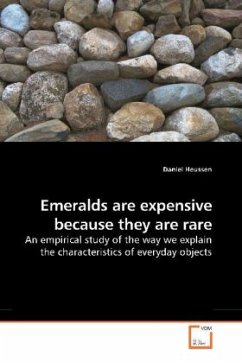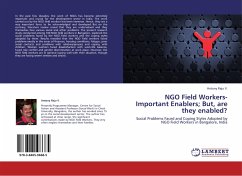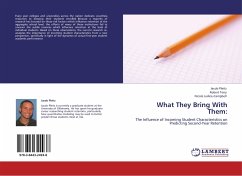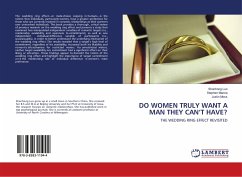Explanations are ubiquitous in everyday life. We wonder why the alarm clock has to go off so early, why a good friend is always late and why it has to rain again today? Examining the literature on explanations, it is surprising to find that the focus in research on explanation both in philosophy and psychology has primarily been on events. However, it is clear that events and properties are distinct in terms of their ontological and psychological characteristics. People perceive properties as the enduring characteristics of objects. Concrete properties, just like the objects they belong to, have clear spatial but less clear temporal boundaries. Events, in contrast, are located in time; they have clear temporal but fuzzy spatial boundaries. People identify, understand and process events in terms of their temporal structure. The present work presents an empirical investigation of how people go about explaining the properties of everyday objects.








